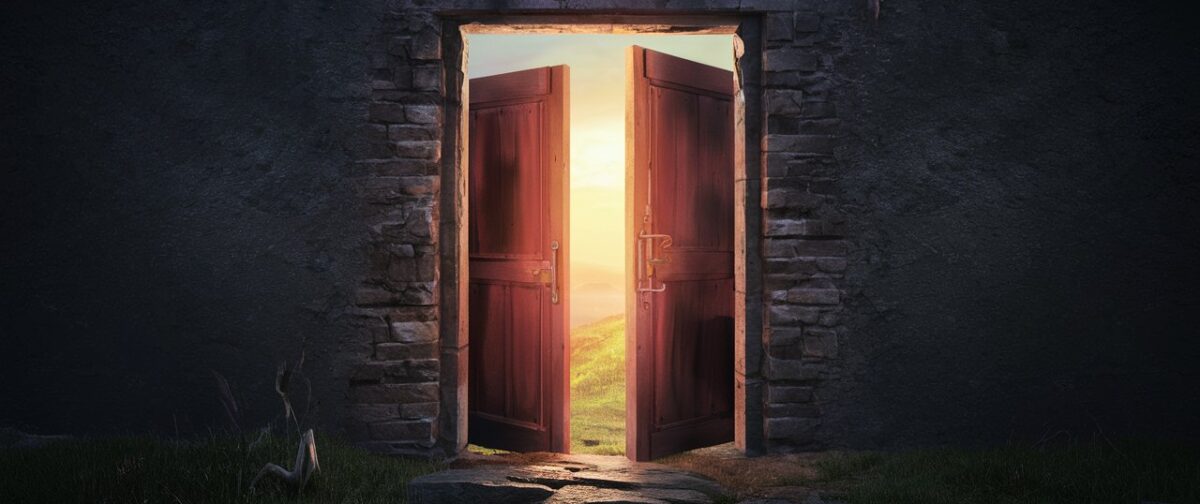
(This is a second version of this original short story, with a different emphasis.)
When the world was formed, there were two evil forces. One was Chaos who represented destruction and anarchy, and the other Tyranny who wanted order and control.
They clashed. Tyranny had the entire universe confined into a small, dense point, but Chaos pushed the particles of the universe apart, causing everything to explode in a hot, fast bang. Tyranny tried to bring everything back together into an order or system, through forces like gravity, electromagnetism, and so on. She would design intricate formations ranging from small atoms to big galaxies, but Chaos would cause them slowly to rip apart.
Their fight raged for billions of years. Tyranny started to learn that every structure she built, no matter how strong, seemed to eventually fall apart. She realized two things that human scientists would discover far into the future: Entropy (or Chaos) always increases in the universe and that any structured, dynamic system no matter how perfectly built can easily splinter into chaos overtime given very small aspects of how they were initially built that she could not control. In enough time, Chaos always seemed destined to win in the end.
She had an idea. What if she could build structures that would continue to reproduce themselves overtime? When she tried to build a single system, it would never last forever. Something would always make it fall apart eventually. But, she decided to build structures that could replicate themselves but with slight modifications each time in response to mild intrusions of Chaos (which she called “circumstances”)? Even if the original version disintegrated a long time ago, the newest lifeforms would have adapted and survived. This seemed like the best strategy to build order that can survive the coming chaos and slowly take over the universe. She called these replicating entities Life.
Starting on a planet, these got better and better at replicating, becoming a network with other life that expanded across the whole planet. In time, maybe it could expand across the entire universe. As her life started competing more intensely in this environment, some started developing the ability to understand some of the plays in her playbook and write their own. They also started creating information and other systems that seemed to exhibit a type of life of its own.
As this is happening, she saw one fundamental weakness: these things are reliant on matter, and eventually even their matter might descend into Chaos. She struggles to think. Will life be able to transcend even the matter of the universe, or will Chaos eventually still have her way in the end?


